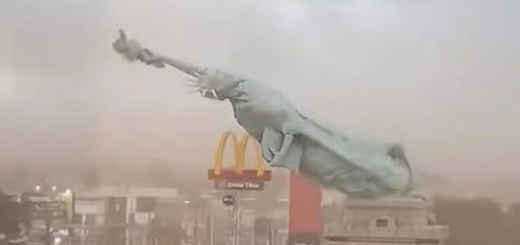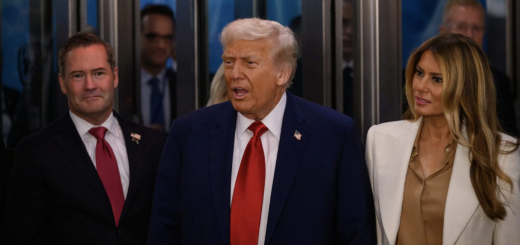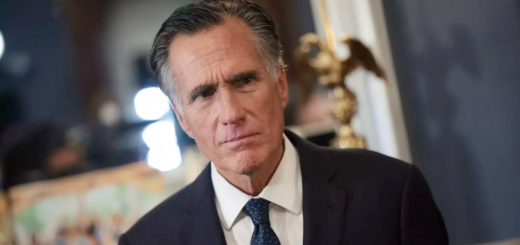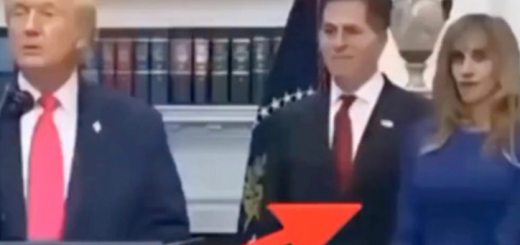California Declares Legal War After Senate Blocks EV Mandate – A Political, Economic & Environmental Showdown
California has long led America’s push toward cleaner air and electric vehicles.
But now, a new Senate vote threatens to strip the state of its authority to set stricter vehicle emissions rules – and California isn’t taking it sitting down.
Under the Clean Air Act, California has historically been allowed to enforce tougher emissions standards than the federal government, thanks to a waiver that acknowledges its unique air quality challenges.
On May 22, 2025, the U.S. Senate passed resolutions under the Congressional Review Act (CRA) to revoke that waiver and block California’s EV mandates (e.g., the Advanced Clean Cars II program)
In response, Governor Newsom called the decision “illegal” and vowed to fight in court.
Why this matters
Stripping this waiver not only affects California, but also 11 other states that adopted similar emissions policies under Section 177 of the Clean Air Act.
Many low-income and minority communities in places like Los Angeles and the Central Valley suffer most from vehicle pollution; reversing emissions protections could worsen health outcomes.
Some view the Senate’s move as influenced by fossil fuel interests, claiming they fund federal campaigns and resist regulation.
Tech companies and automakers with strong presence in the state have publicly warned that undermining California’s leadership will hurt innovation and competitiveness.
What’s next
California and 10 other states have already filed lawsuits, arguing that the CRA was misused – that the waiver decisions aren’t “rules” subject to CRA repeal.
The courts, possibly the Supreme Court, could decide whether Congress overstepped its bounds.
This battle isn’t just about cars — it’s about who gets to draw the line between federal authority and state sovereignty, about environmental justice, and the future of energy policy in America.




























